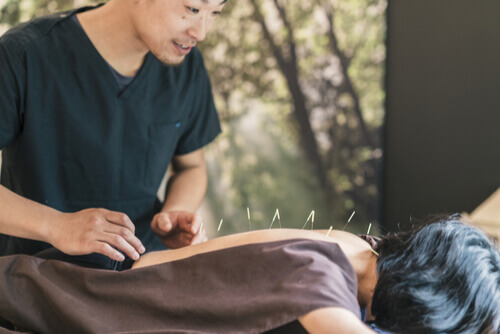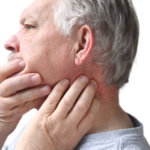
According to statistics issued by the CDC, we are not currently sure just how many people suffer from tourette’s syndrome (or TS, as we’ll call it for the majority of this article – just because it’s a little shorter and easier to remember), we can say that approximately 1 in every 360 children were diagnosed with Tourette’s syndrome according to independent studies conducted by the CDC.
The condition is characterised by heavy physical tics, and sometimes by some vocal tics, too – though most sufferers only ever experience some physical tics as part of the disorder. The condition can affect every part of your life, and make life very uncomfortable for those who suffer from it. Here are 10 strategies to reduce ticks in Tourette’s syndrome that will compliment traditional treatments that your doctor might have recommended for the condition. Visit your doctor if any of these strategies have not been showing improvements to your condition, or if they have been making your condition any worse.
1. Acupuncture
The ancient art and treatment of acupuncture has an exceptionally rich history and its use goes back thousands of years; it can be traced back to ancient China, where people have successfully been using it to treat various ailments of the body and mind for years. There have only been more studies on how acupuncture really works for the body in recent years, though what we’ve seen has been incredibly promising, and it looks to seem that acupuncture can really help a whole range of health conditions that, of course, include Tourette’s syndrome.
Make sure that you find an experienced and registered practitioner of acupuncture, as the industry contains many who only advertise themselves as professionals though do not have the necessary experience or training to be sticking anyone with needles; in many cases, your regular medical doctor will be able to make a recommendation for the best acupuncturist in your area.



